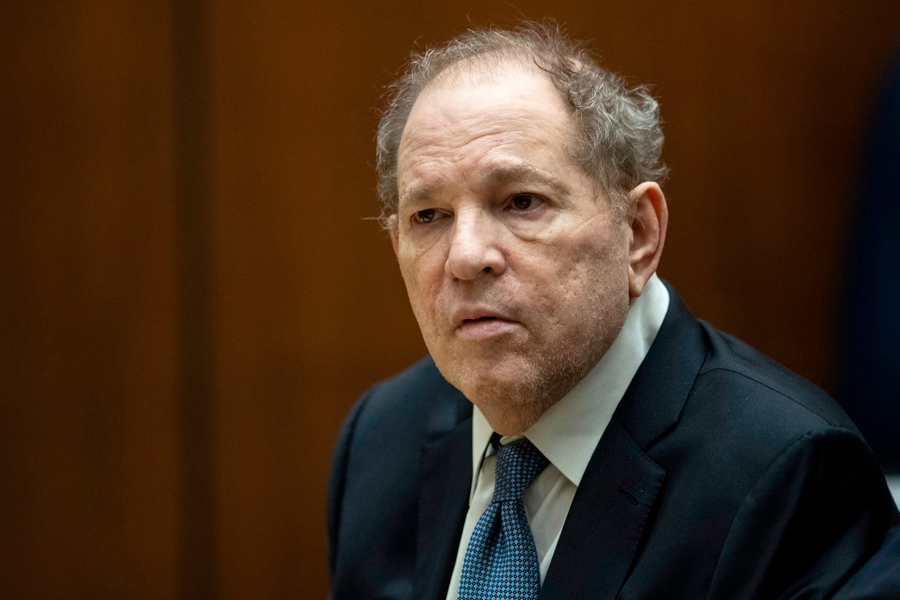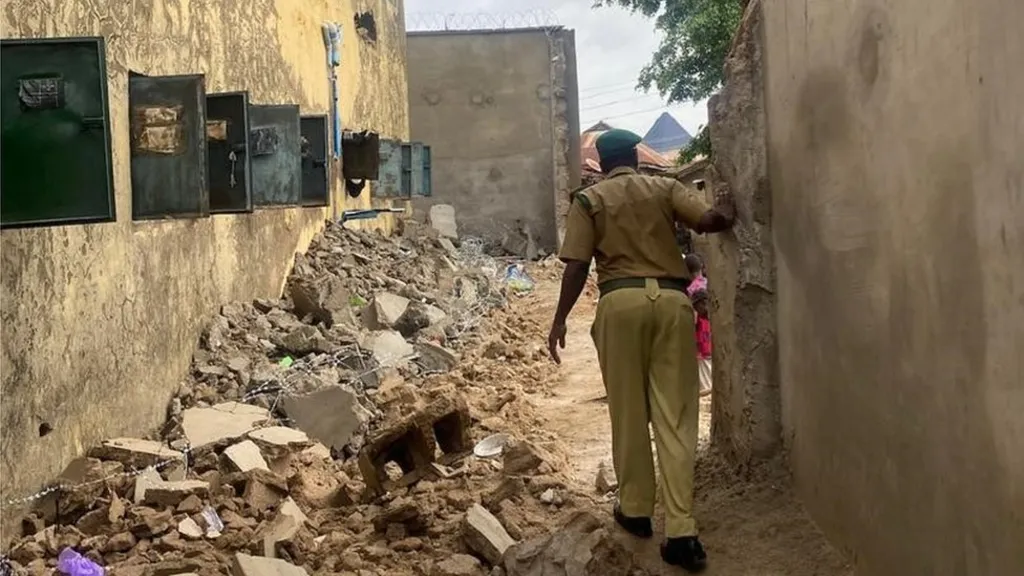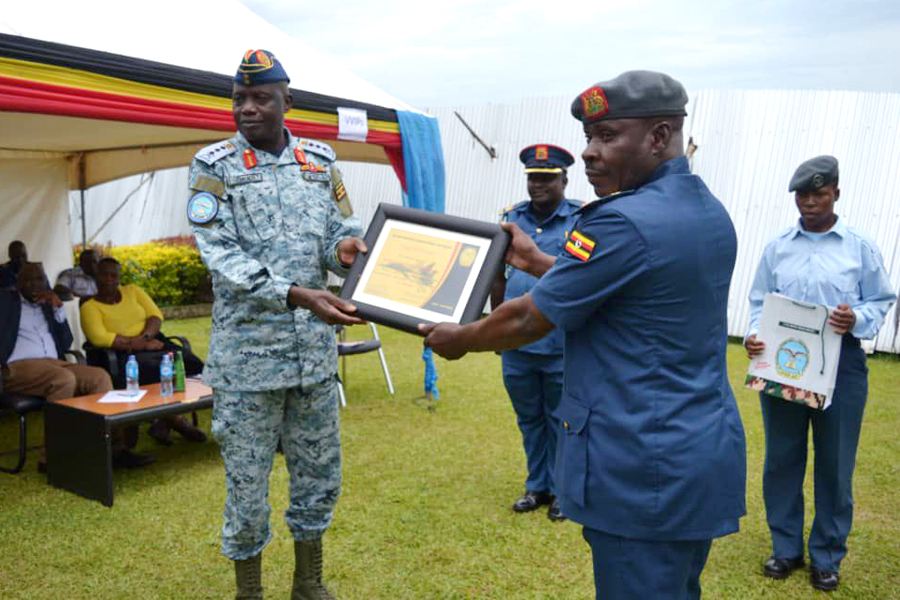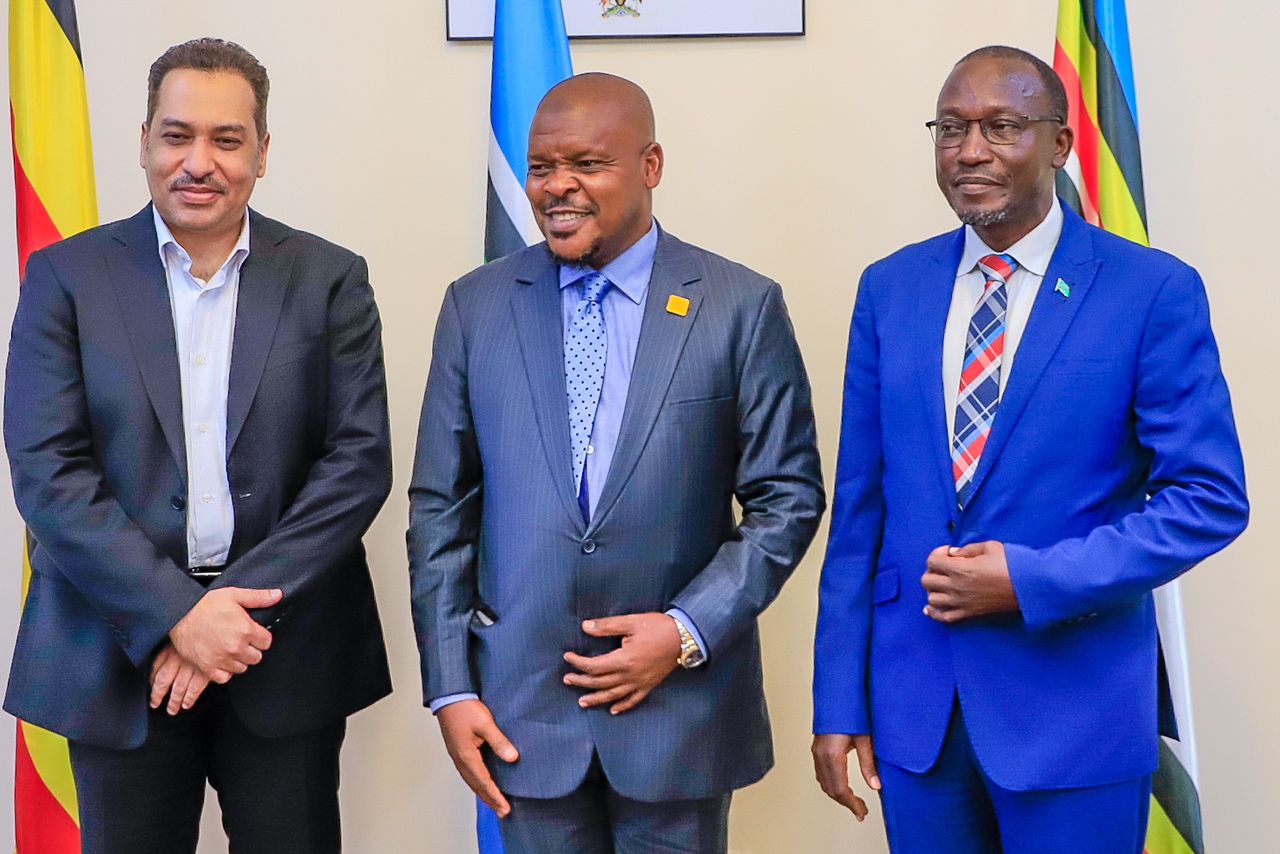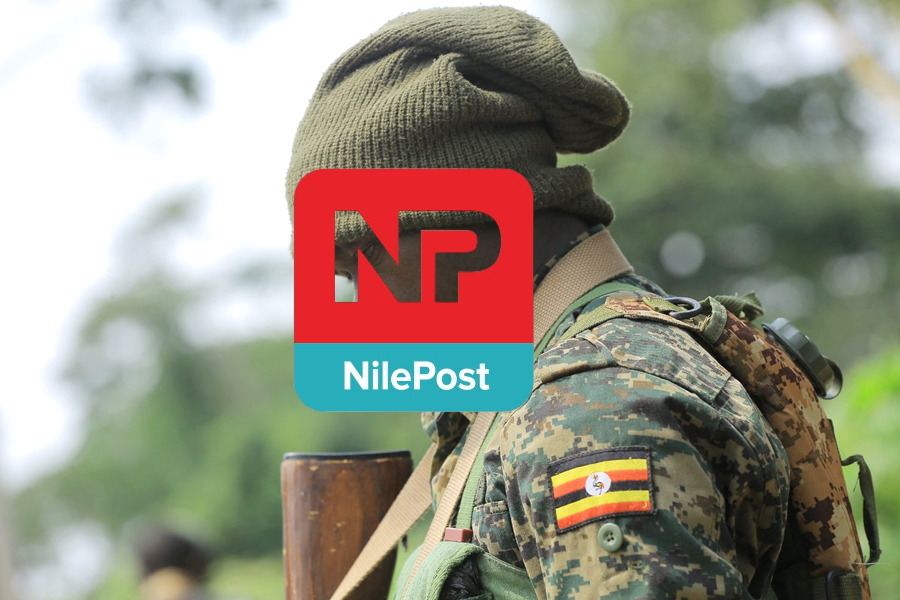Sudan Opposition Calls Grow for March on Bashir's Palace
Opposition calls grew on Monday for a march on Sudan's presidential palace to demand the ouster of longtime autocrat Omar Bashir, in a potential escalation after days of protests that security forces have sought to violently put down in the capital Khartoum and cities across the country.
An umbrella coalition of independent professional unions said its members will march Tuesday on the Republican Palace in Khartoum and submit a written demand for Bashir to step down. It also called on non-members to join in.
"Together we can rebuild everything and climb the ladder to progress and civilization," said a statement by the coalition, an independent entity that operates outside of official unions loyal to the government. "Let us all unite. Come and join so we can realize the will of the people."
One of Sudan's largest political groups, the Democratic Unionist Party, expressed its support and called on its supporters to join Tuesday's march. The party enjoys wide support in eastern and northern Sudan. The Sudanese Conference Party, a small group with an inclusive agenda, also said it supports the march.
If it materializes, the march on the palace at the heart of Khartoum along the Blue Nile has the potential to turn violent. The country's military, from which Bashir hails, vowed Sunday to rally behind the Sudanese leader and emphasized in a statement that it was operating in harmony with the police and the country's feared security agencies.
Protests erupted Wednesday, initially in response to steep price hikes and shortages, particularly of bread. They spread to multiple cities, with crowds usually numbering in the hundreds, and have become focused on forcing Bashir out of office. Bashir, in his mid-70s, seized power in a 1989 military coup that overthrew an elected but ineffective government. He is wanted by the International Criminal Court for committing crimes against humanity and genocide in the western Darfur region.
The demonstrations have been met with a heavy security crackdown. An opposition leader said Saturday that 22 protesters have been killed in clashes with police. The government, which has imposed a near-total news blackout on the protests, has acknowledged fatalities but gave no figures. Still, the marches have continued, suggesting a level of popular discontent that Bashir will find difficult to control.
In the latest bout of violence, police used tear gas and rubber bullets Sunday night to disperse soccer fans who gathered outside a stadium in Khartoum's suburb of Omdurman after a match in which local club al-Hilal beat a Tunisian side 1-0 in the African Champions League.
While inside the stadium, the fans chanted slogans demanding that Bashir step down, according to activists and video clips posted online. The clips show the fans in the stadium chanting "The people want to bring down the regime," the most popular slogan of Arab Spring uprisings of 2010 and 2011. They also chanted "Freedom!" The video clips show not all the fans took part.
Two of al-Hilal's all-time greats — retired players Haytham Mustafa and Faisal al-Agab — had called on fans to protest Bashir's rule during the match.
"Let the television networks hear your chants against the government. Go out and march to make the nation victorious and rewrite history again," al-Agab tweeted before the match. "Thank you al-Hilal fans, you have really shown that you are the true sons of the club of patriotism and freedom," Mustafa tweeted afterward.
In another tweet, al-Agab called on the fans of another Sudanese soccer powerhouse, El-Merreikh, to protest during and after a match scheduled for later Monday in Khartoum.
The activists said there were casualties among protesters when they clashed with police after Sunday's match, but they had no exact figures. There were no reports by Monday afternoon of fresh protests, but news has been traveling slowly because of internet disruptions engineered by authorities.
Sudan's doctors, meanwhile, began an indefinite strike Monday, with organizers reporting a widespread response. The strike is mainly focused on government hospitals, but the organizers said some doctors in private clinics were joining in.
The union of pharmacists said they would start an indefinite strike on Tuesday.
Seeking to staunch the unrest, authorities have arrested more than a dozen opposition leaders and suspended university and school classes in much of Sudan. They have also tightened censorship of newspapers and sought to stop journalists from covering the street protests.
A career soldier, Bashir had ordered the use of force against protesters in the past — including in the last round of unrest in January — successfully crushing them to remain one of the longest-serving leaders in the region.
Although his time in power has seen one crisis after another, he is seeking a new term in office. Lawmakers loyal to him are already campaigning for constitutional amendments that would allow him to run in the 2020 election.
Sudan's economy has struggled for most of Bashir's long rule, which has failed to unite or keep the peace in the religiously and ethnically diverse nation, losing three quarters of the country's oil wealth when the mainly animist and Christian south seceded in 2011 after a long and ruinous civil war against the mainly Muslim and Arabized north. More recently, a currency devaluation caused prices to surge and a liquidity crunch forced the government to limit bank withdrawals, leading to long lines outside ATMs.









